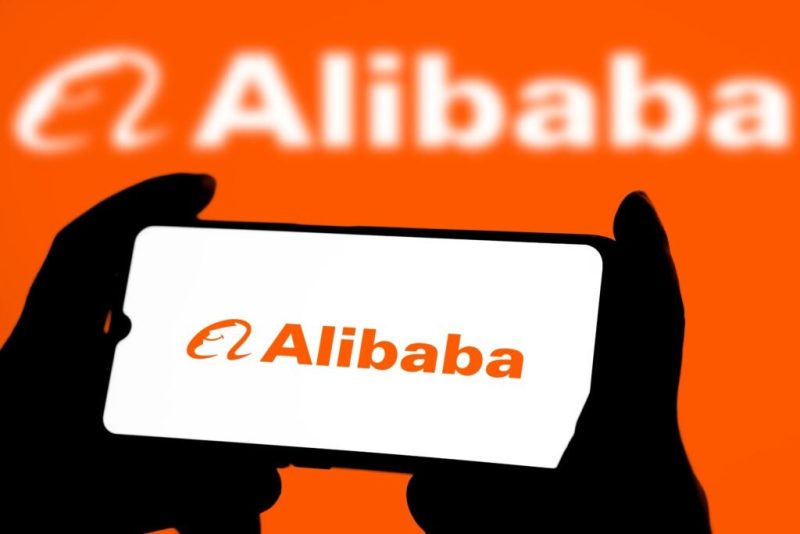
Apple’s deep entanglement with China, particularly its ambitious plans for integrating AI into iPhones sold in the Chinese market, has reportedly drawn the ire of U.S. authorities. This raises serious questions about the complexities of navigating the ongoing trade war and the potential risks for both Apple and the Trump administration.
The whispers of increased scrutiny from Washington center around Apple’s AI initiatives in China. The concern isn’t simply about Apple’s presence in the world’s largest consumer market; it’s about the potential implications for national security and the transfer of sensitive technology. Integrating advanced AI features into iPhones sold in China could inadvertently lead to the sharing of valuable data and algorithms, raising concerns about potential misuse.
This situation highlights the precarious balancing act Apple faces. China represents a massive market, crucial for Apple’s financial success. However, complying with potential demands from the Chinese government regarding data access and technology transfer could put the company at odds with US regulations and spark further controversy. The Trump administration’s tough stance on China suggests a potential clash of interests, creating a complex geopolitical chess game.
The involvement of Alibaba, a major player in the Chinese tech landscape, further complicates matters. Alibaba’s close ties to the Chinese government and its own ambitions in AI could indirectly influence Apple’s operations within China. Any perceived collaboration between the two companies on AI initiatives could fuel further scrutiny from the US government, amplifying the pressure on Apple.
The ongoing trade war adds another layer to this intricate situation. Apple’s significant manufacturing presence in China makes it vulnerable to potential tariffs and trade restrictions. The company’s attempts to diversify its manufacturing base, while underway, haven’t yet eliminated its dependence on China. This leaves Apple in a vulnerable position, caught between the demands of two powerful economic forces.
Ultimately, Apple’s China strategy is a high-stakes gamble. The potential rewards are immense, but so are the risks. The coming months will be crucial in determining whether Apple can successfully navigate this complex geopolitical landscape without incurring significant penalties or compromising its long-term strategy. The outcome will have significant implications not only for Apple but for the future of US-China relations and the global tech industry.










